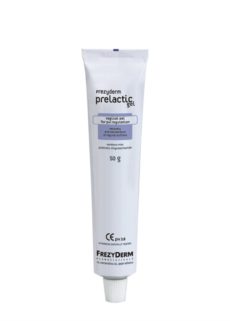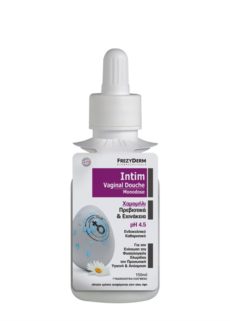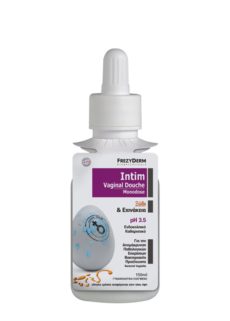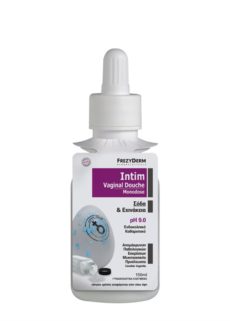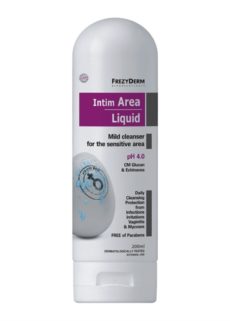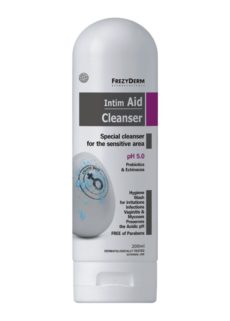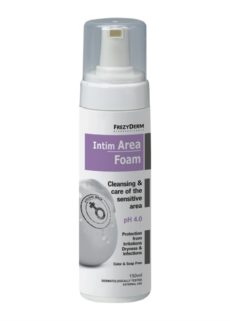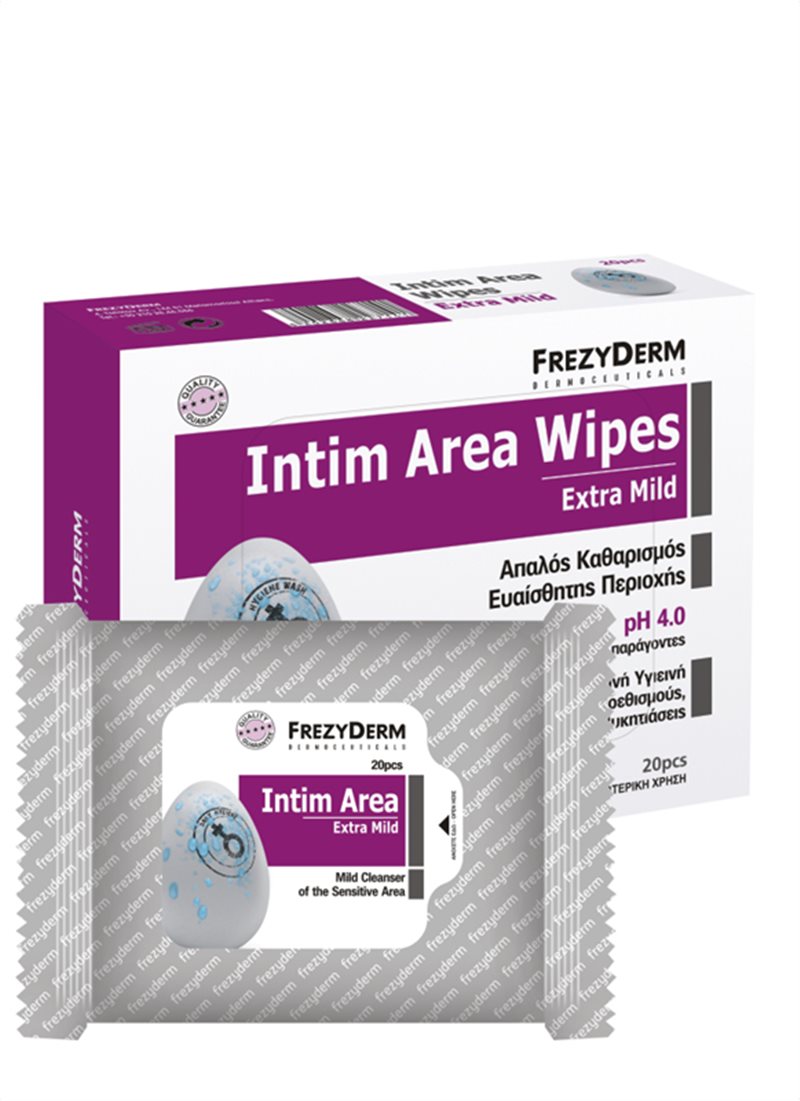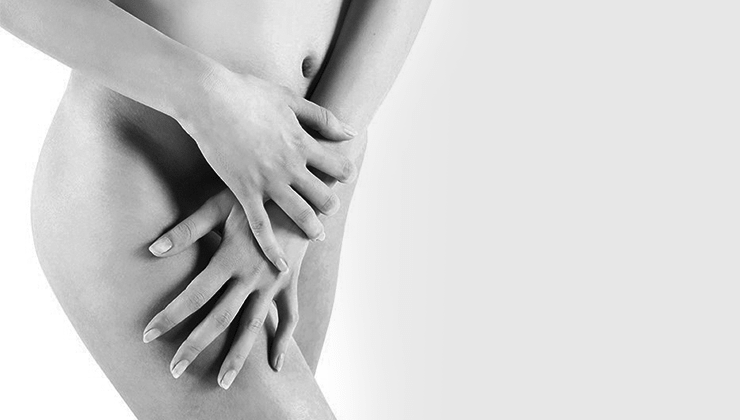
What Is Vaginitis and How Do I Know If I Have It?
Vaginitis occurs when the vagina becomes inflamed, sore or swollen. It is a common condition that may be caused by a number of different infections or irritations. Although vaginitis can be very uncomfortable it is often easily treated once the cause had been identified.
What are the symptoms?
Many women with vaginitis may experience additional symptoms including: irritation and itching, abnormal vaginal discharge, pain when urinating or during intercourse and light bleeding or spotting.
Vaginitis may be the result of a fungal or bacterial infection or a sexually transmitted infection. It can also be the result of an allergic reaction to household products including detergents, fabric softeners and perfumed soaps. An allergic reaction to other feminine hygiene products, such as vaginal spray, may also cause irritation.
Vaginal itching, dryness or discomfort may also occur in post-menopausal women due to the drop in their estrogen levels. This condition is known as atrophic vaginitis.
Can you treat it?
Yes. Although you may feel embarrassed it’s important for you to discuss your symptoms with a GP as soon as you can. Once the doctor has identified the cause of your vaginitis they will be able to recommend a suitable treatment.
If you’ve been diagnosed with a fungal infection or thrush in the past, you may not need to see your GP straight away. Instead you can treat the symptoms with over-the-counter treatments. Our Intim Aid Cleanser has been especially formulated to offer relief from vaginitis and other infections. If you’d prefer to use a gel, opt for our Vulvovaginal gel containing a-glucan oligosaccharide and lactic acid for vaginal pH regulation (medical device 2803).
The vaginal dryness caused by atrophic vaginitis can be treated with our Aqua Care Gel, which is designed for relieving symptoms of vaginal dryness as itching, tingling, hot flushing, topical irritations after menopause or painful intercourse (medical device, CΕ 2803).
How do you prevent vaginitis?
You can help your vaginitis get better or help prevent it from returning by keeping your genital area clean and dry, not using feminine hygiene products such as sprays or deodorants and by wearing cotton underwear.
See our complete intimate care range to see how you can help care for your vagina.






